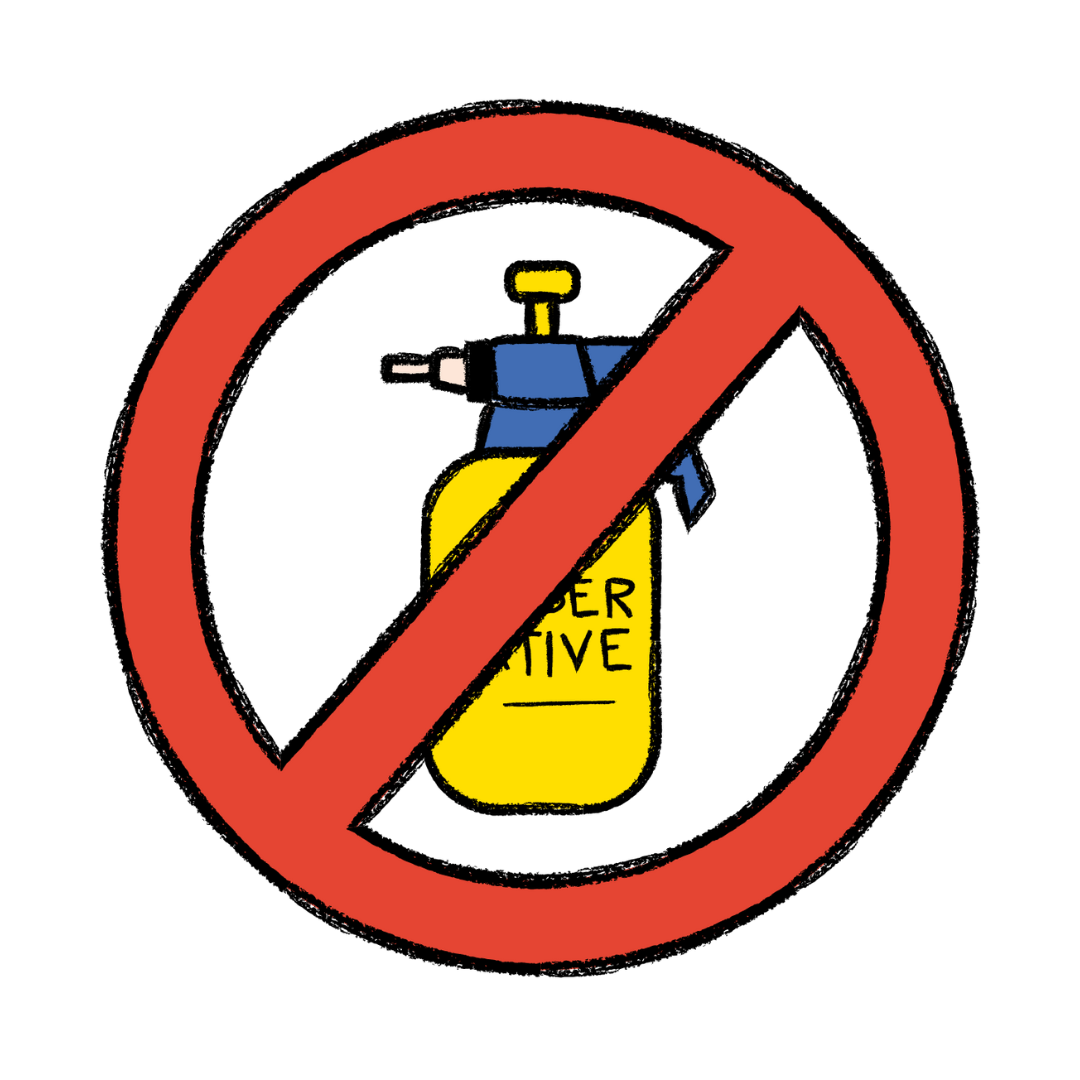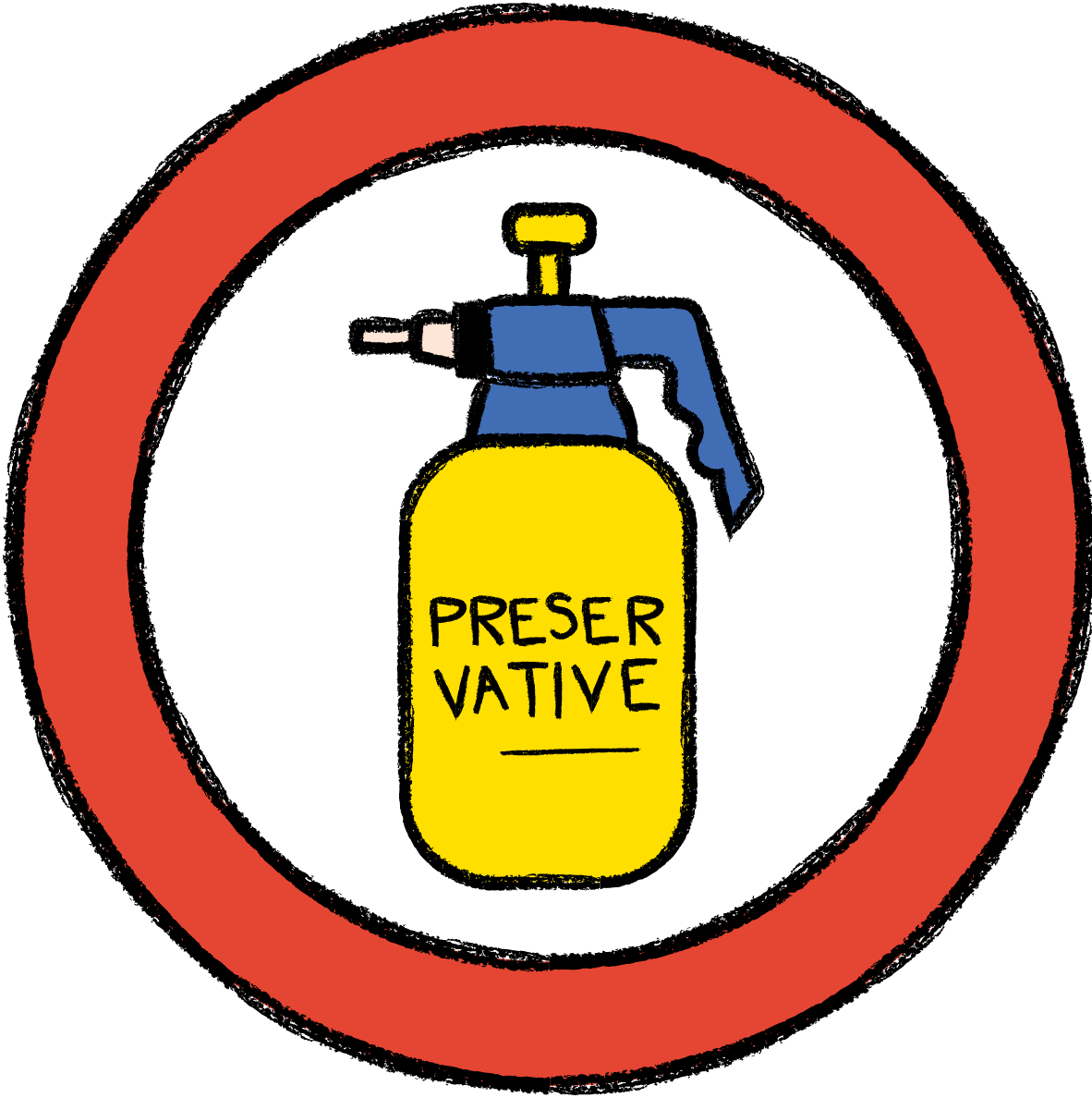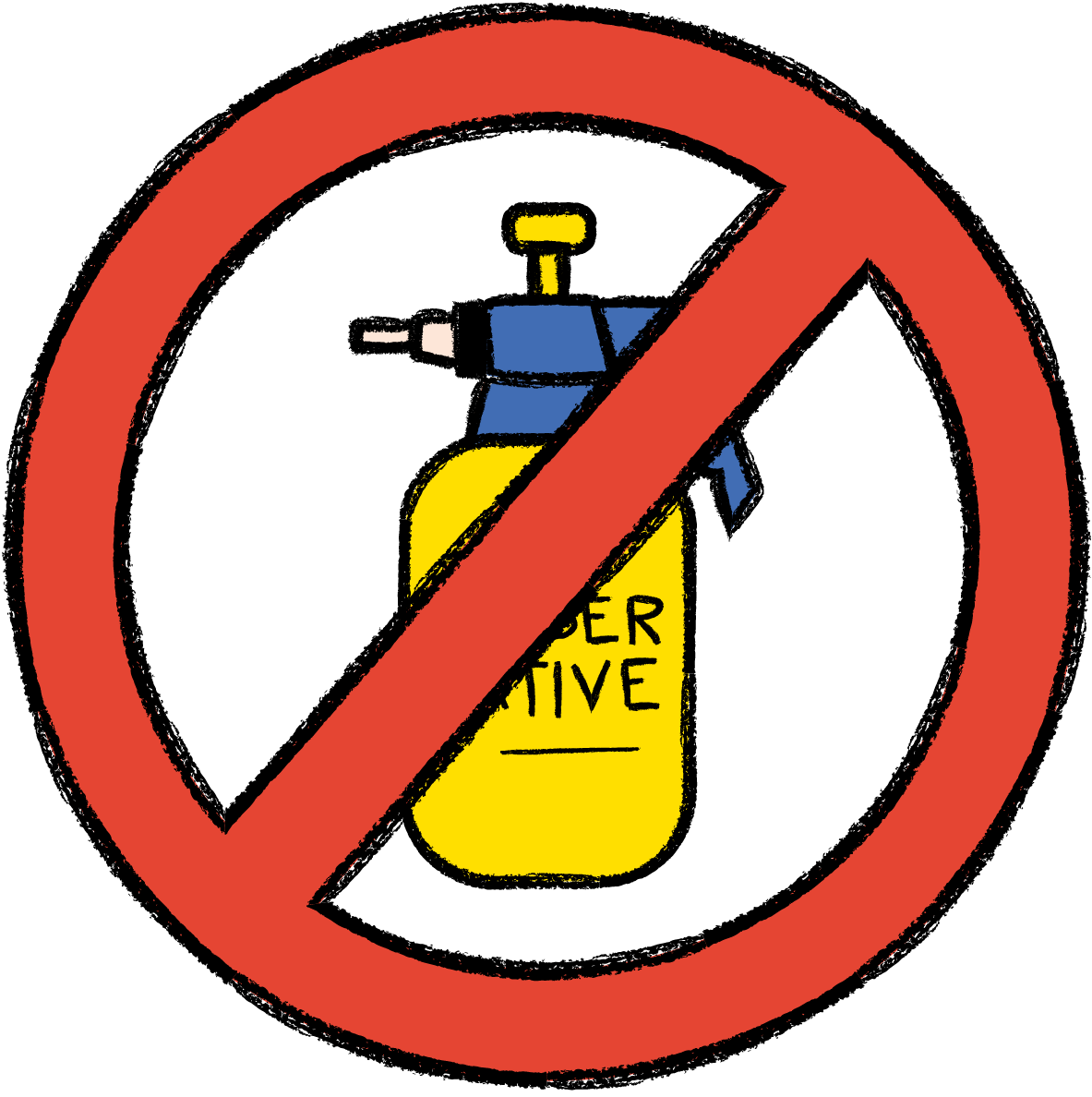

What is added to wine to keep it stable? And what happens if you don't?
Wine is such a wonderful thing, isn't it? Living grape juice, straight from the vineyard, via the winery, to your mouth. Making sure it gets to us safely is pretty important, so we want the juice in the bottle to be in tip-top condition when it arrives. One of the ways that winemakers can do that is by the use of preservatives.

Now wine does a pretty good job of holding things together on its own....the natural properties of wine all act as preservatives. Tannin, acid, alcohol and sugar all slow the effects of ageing (on wine, not humans 😢). If we want wine to survive a temperature fluctuation or two, or last for 20 years plus, a little sprinkle of sulphur dioxide (preservative 220 - in gas form) can be used to make the wine more stable. Some winemakers also use potassium metabisulphate (preservative 224), although the use of this is waning.
Not much is used generally - an average would be around 80-100ppm (parts per million - the measurement for gaseous additions!).
It should be noted that 300ppm is the norm for products like dried fruit.
For the most part, the allergy-like symptoms that people blame on sulphur are actually caused by histamines. A family called "biogenic amides" are among the most notable culprits, but that's another story. Long story short - hypersensitivity to sulphur dioxide is very rare.
Sulphur dioxide is used both in the vineyard as a spray, and in the winery over the wine. But the vineyard can also see the addition of other chemicals that could be considered 'preservatives', things like copper are sprayed on the vines to prevent diseases like mildew from attacking the leaves and fruit. Whilst this is an organic substance, it does break down very slowly in the soil, so organic producers tend to limit its use.
Such producers look for other ways to protect the vine and wine, whether through adding CO2 to the wine to inhibit oxygen, or using things like whey and natural teas as sprays to protect the vines. These organic methods have varying degrees of success, but when rigorously applied and well researched, they are as good as the chemical option.

Low preservative wines, in our opinion, probably have a slightly shorter shelf life than others, but only by a few years. There are plenty of things that contribute to a wines ageworthiness, and preservatives are only one of them!
FAQ
What preservatives are used in wine?
There are actually more used than you might think, but most of the time you're likely to see 220 (sulphur dioxide) or 222 (sodium bisulphate). 224 is also used (potassium metabisulphate)
What wine has no preservatives?
Some wines are made without any added preservatives. Commonly, these wines will be labelled as 'No added sulphur' or occasionally in the French 'sans soufre'
Is preservative free wine better for you?
Some people believe so, but there is no definitive evidence to suggest so. Sulphur dioxide is used commonly in products like dried fruit and cured meats, with no adverse effects.
How long does wine without preservatives last?
Most sulphur-free wines should be drunk within 10 years of bottling.
Does organic mean preservative free?
No, these are two quite different ideas. Organic relates mainly to the use of pesticides or herbicides in the vineyard, whereas preservative free is referencing a winemaking decision.
What about Gluten-free wines?
To be very clear, all wine is naturally gluten-free. That’s purely because there is no need to use any product containing gluten at any time in the winemaking process.There have been studies done using gluten as a fining agent (eg stuff you add to a wine to take out haziness) but gluten isn’t really used in this way ever.
Other wine-based products (like seltzers) may use gluten, but not wine. So rest assured, coeliac friends, wine is gluten-free and good to go!
About the Author
Banjo Harris Plane is the three-time winner Sommelier of the Year Australia and a certified advanced Sommelier through the Court of Master Sommeliers. He first cut his teeth in the wine industry working as a sommelier in Australia's best restaurants, before starting multiple businesses in the space of a few years... these included two restaurants, a wine import business and co-founding Good Pair Days!
Do you know your wine personality? If your answer is no, take our quiz to find out which wines to pick up next and build your box!
Build my box





